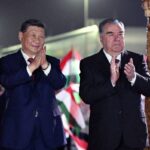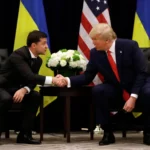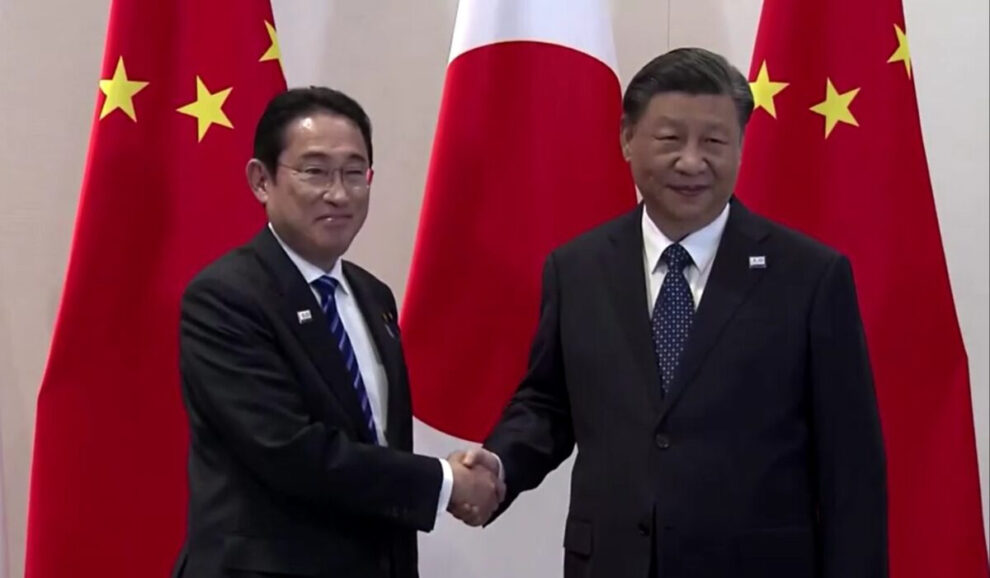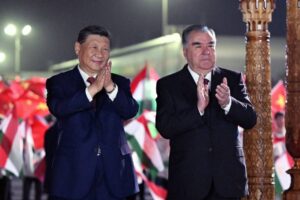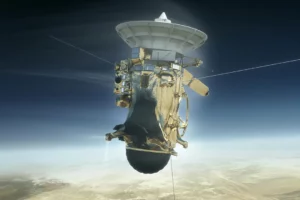Chinese President Xi Jinping and Japanese Prime Minister Fumio Kishida said they would pursue mutually beneficial relations in their first face-to-face talks in a year, putting emphasis on shared economic interests amid a series of diplomatic disputes.
The leaders of Asia’s two largest economies discussed thorny issues such as China’s ban on Japanese seafood and the case of a Japanese businessman detained in China on suspicion of espionage during hour-long talks at a hotel in San Francisco on Thursday (Nov 16).
The countries should “focus on common interests” and reaffirm their “strategic relationship of mutual benefit and give it new meaning”, Xi told Kishida as they sat across from one another at a table flanked by their delegations.
In a joint statement in 2008, Japan and China agreed to pursue a “mutually beneficial relationship based on common strategic interests” designed to ensure frequent leadership exchanges on issues such as security and economic cooperation.
But the phrasing has been used less frequently in recent years as the historic rivals have clashed over a series of issues such as territorial disputes, trade tensions and Taiwan, the democratic island that Beijing claims as its own.
Most recently, ties have been tested by China’s ban on Japanese seafood following Tokyo’s decision to release treated water from its crippled Fukushima nuclear plant into the sea in August.
In comments to media after the talks, Kishida said he had strongly urged Xi to drop the ban and also sought the swift release of the detained business executive, an issue that has dealt a blow to their trade ties.
Xi said Japan should take its concerns over the Fukushima water discharge seriously and the two sides agreed to try to resolve the issue through consultations, according to summaries of the talks. The Chinese summary did not mention the case of the Astellas Pharma executive formally arrested last month.
Both sides lauded an initiative to hold regular talks on export controls, an effort to avoid tit-for-tat measures as countries around the world look to limit shipments of sensitive material and technologies abroad.
China has recently imposed curbs on the export of chipmaking metals like gallium, and is expected to restrict exports of graphite, used in batteries, in December. Japan has restricted exports of some chipmaking equipment.
The leaders’ meeting followed a highly-anticipated summit between US President Joe Biden and Xi in which they agreed to open a presidential hotline and resume military-to-military communications, among other matters.
Kishida also met Biden at the summit where they discussed issues including “common challenges” that they share with China.
China’s push to reaffirm relations with Japan could be partly driven by Tokyo’s close ties with its arch-rival Washington, said Rumi Aoyama, an expert on Japan-China relations.
“I think there is a desire to drive a wedge between Japan and the United States by establishing a so-called strategic relationship with Japan amid the US-China confrontation,” said Aoyama, director of Waseda Institute of Contemporary Chinese Studies.
On the sidelines of the APEC summit, Kishida has also met South Korean President Yoon Suk-yeol in their seventh meeting this year. The pair promised to push for deeper cooperation and discussed shared concerns like North Korea’s missile tests.
Yoon, Kishida and Biden also held a brief trilateral meeting on Thursday.
Leaders from the 21-member Asia-Pacific Economic Cooperation forum are in San Francisco for the 30th summit from Nov 15 to 17.

